What has become the major concern for the ABC
The national broadcaster has suffered a series of embarrassments and failures. It’s revealed what the biggest issue for the ABC is.
National
Don't miss out on the headlines from National. Followed categories will be added to My News.
The controversy swirling around the ABC’s reporting of Afghanistan war crimes allegations has once again focused attention on allegations of bias, favouritism and shoddy practices at the taxpayer funded national broadcaster.
Revelations that the sound of gunshots that never happened was edited into footage making a single warning shot sound like six shots shocked Heston Russell, the former commando and subject of the report who last year won a $390,000 defamation judgment against the ABC.
Russell says that for him and the veteran community, the ABC has “suffered immense reputational damage” that has been made worse by the operation’s conduct.
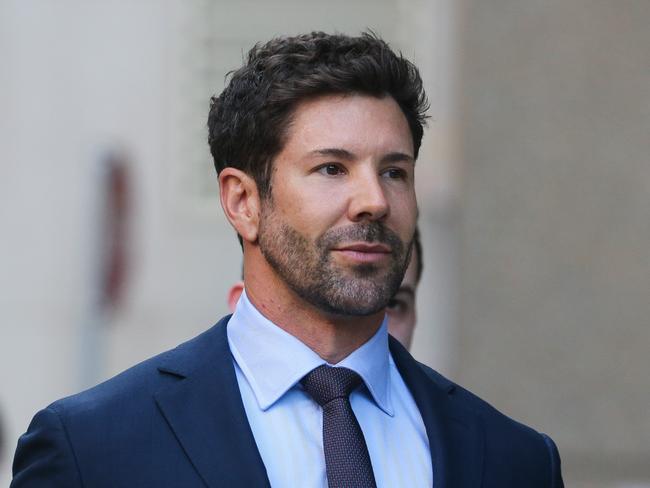
“When the managing director refuses to do the only free thing we’ve asked, and that is apologise, we have not been treated with any form of decency, you can imagine the taste that leaves in my mouth.”
Asked about claims that the audio of the reports was tampered with to make it sound like additional shots were fired, a spokesman for Communications Minister Michelle Rowland said that she “has sought a briefing from the ABC, when available, on the outcome of their investigations into the circumstances around the editing of the audio in the online story involving Heston Russell.”
But the added gunshots are only one incident pointing to what ABC insiders say is a much bigger problem, namely, that management has lost control, and that new chair Kim Williams has his work cut out for him to regain order.
“The place is run by the senior journalists,” one individual connected to the broadcaster said.
Others Saturday Extra have spoken with say that the internal culture of the ABC has grown toxic, with human resources and legal teams dealing with a constant litany of complaints.
These problems burst into the open last year after journalist Stan Grant claimed the broadcaster had not protected him from racist abuse and others claimed they had suffered racism in the ABC’s newsrooms.
But it is what the Australian public, who funds the ABC to the tune of more than $1 billion per year, sees on their screens and hears on their airwaves that has become the biggest source of concern.
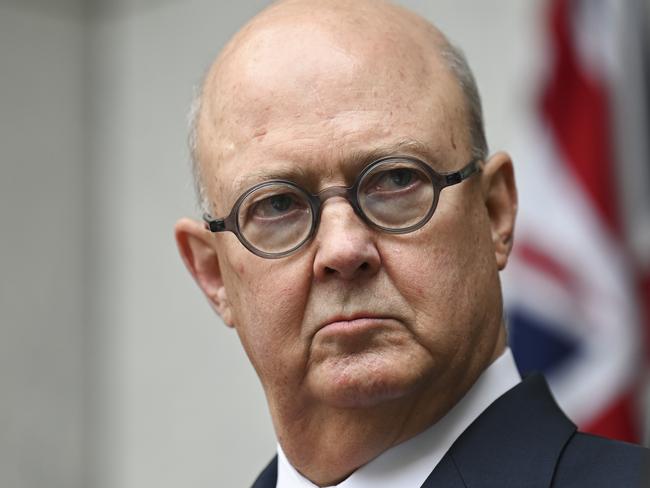
In recent years the ABC has been the subject of a number of embarrassing controversies.
These include being forced to apologise to businessman Dick Smith for misrepresenting his views on nuclear energy, misrepresenting an Alice Springs town hall to suggest it had been infiltrated by “white supremacists”, and communicating with environmental protesters who turned up at the Perth home of an oil company chief.
Other issues have swirled around high profile ABC figures such as journalist Louise Milligan, whose reporting on George Cardinal Pell was refuted by a 7-0 High Court decision vacating historic sex charges against the cleric, and whose losses in a suit brought by former MP Andrew Laming over defamatory tweets were controversially covered by the taxpayer.
The ABC’s coverage of the Middle East is another major source of concern.
Last year, 882 complaints were filed after a highly charged episode of Q&A dealing with Hamas’s October 7 attacks.
Airing a month after the massacre, complainants stated that it featured only one Jewish voice, Australia/Israel & Jewish Affairs Council chairman Mark Leibler, and claimed that the moderation elevated Australian Palestine Advocacy Network president Nasser Mashni and UN special rapporteur Francesca Albanese, a fierce critic of Israel.
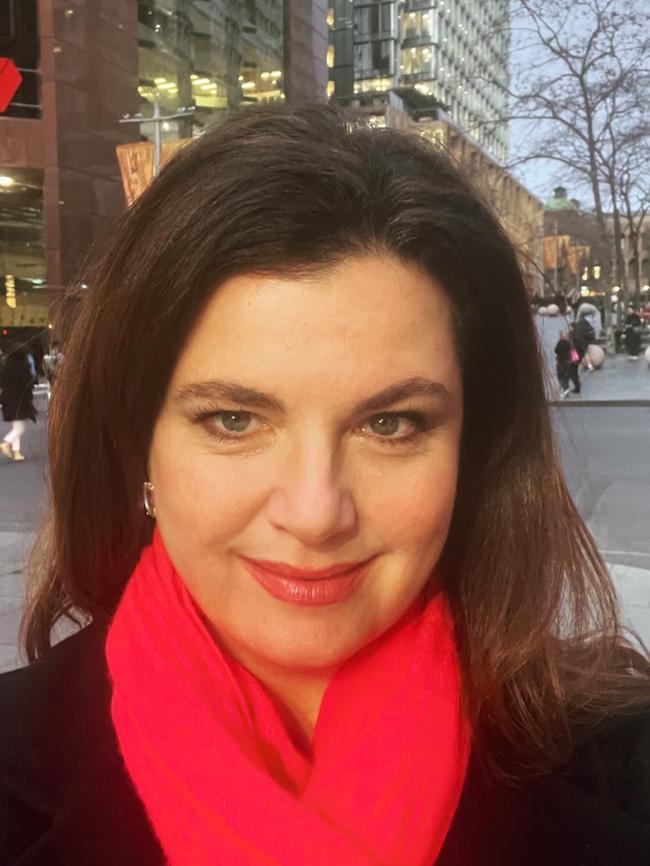
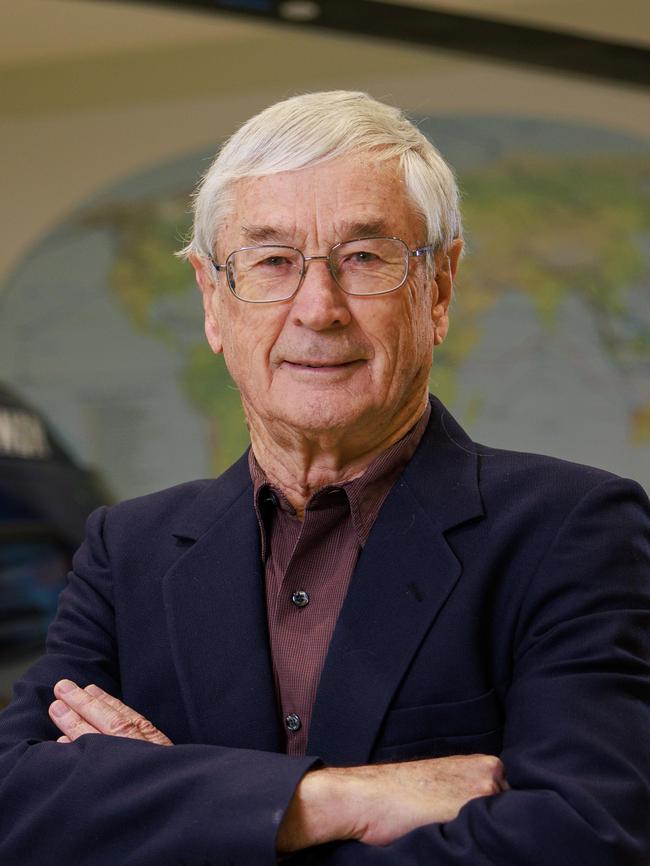
Effectively investigating itself through the ABC’s ombudsman, the broadcaster claimed that it had not fallen afoul of requirements to be impartial in handling the highly charged subject.
But Joe Gersh, a Melbourne businessman and former ABC director, says that the Middle East and the resultant rise in anti-Semitism in Australia is a major blind spot for the broadcaster.
“The rise of anti-Semitism has not been covered sufficiently or empathetically by the ABC and I’ve long said that the reason they have not been part of the solution is that they are part of the problem.”
“The distinction between anti-Zionism and anti-Semitism has been totally lost, and that’s in part because Israel has been demonised by much of the Western liberal press, and that includes the ABC.”
Gersh, who has publicly advocated for the ABC to include more viewpoint diversity and pushed for it to move journalists out of its inner-city headquarters to broaden the broadcaster’s horizons, pointed to the case of an 84 year old grandmother who was pushed onto the ground and called a “Zionist pig” by Melbourne pro-Palestine protesters in May.
“The person who pushed this woman on to the ground would never do this normally, but would have done this because they were disinhibited and given permission by the way Israel has been treated in the media.”
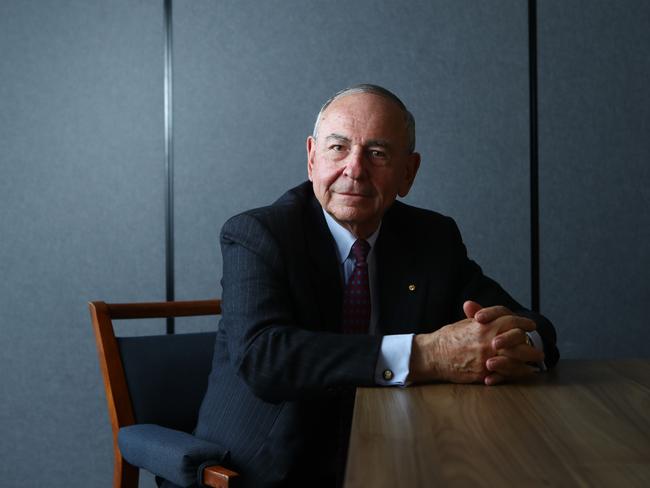
What to do about the problem remains a thornier question.
Some, such as Denis Muller, believe that basic changes to the ABC’s management structure would go a long way to fixing problems in the organisation.
A senior research fellow at the University of Melbourne’s Centre for Advancing Journalism, he says that he is “cautious” when it comes to accusations of bias.
“My real problem is that they have not got an editor in chief who is separate from the managing director,” he says.
“I’ve been saying for a long time that the ABC needs an editor in chief partly because having a managing director who is also editor in chief is fundamentally conflicted.”
‘There is a case to be made for separating those two roles, that is mainly what I think they need.”
However Maurice Newman, who served as chair of the ABC from 2007 to 2012, says the problems at the ABC are far deeper and entrenched.
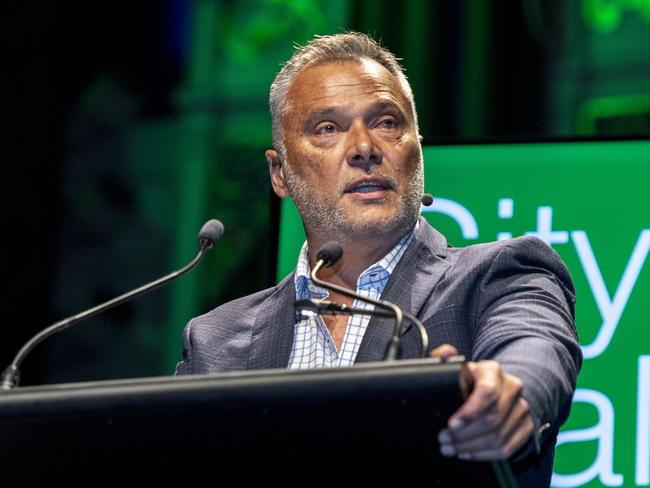
“Regrettably for Chair Kim Williams, the role he has undertaken to reform the ABC is beyond even his considerable abilities.”
“The Marxist inspired culture runs deep and, from the bottom up. Top down management is the exception, not the rule.”
“ABC journalist Laura Tingle described outgoing ABC CEO David Anderson as a ‘human shield’, as if the role of the CEO is to run interference for sloppy or biased reporting, rather than to hold errant journalists to account.”
“It’s how the collective ensured journalist Louise Milligan’s private expenses for defaming Andrew Laming were paid for by the corporation even though the Auditor-General found no documented advice or, policies, to support the decision, and it’s why the ABC paid compensation to former minister Christian Porter for biased reporting.”
“And it is the management structure and culture which allowed journalists to doctor audio to embellish a private crusade against Australian soldiers in Afghanistan.”
The ABC was contacted for comment.





